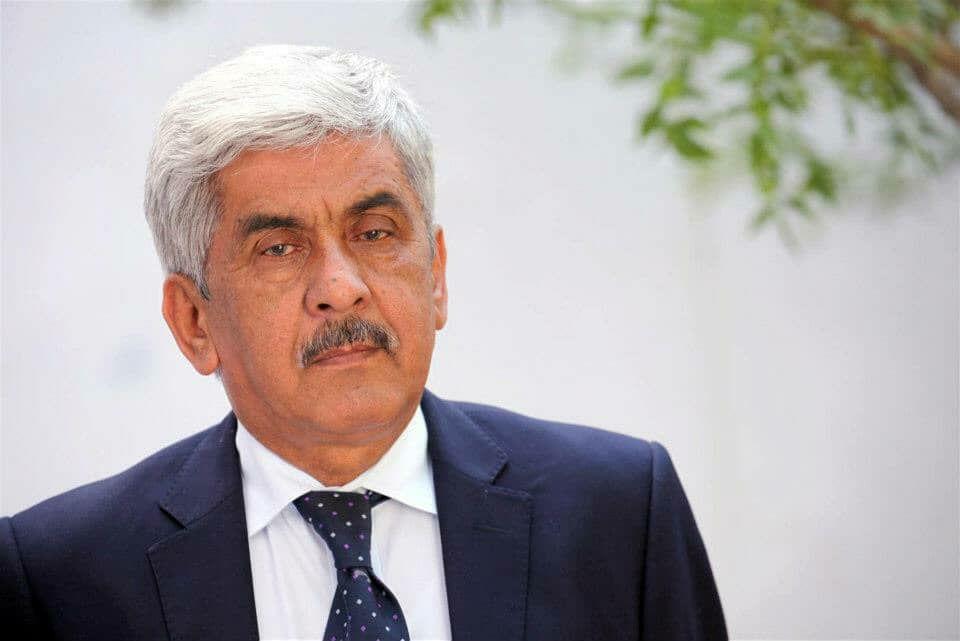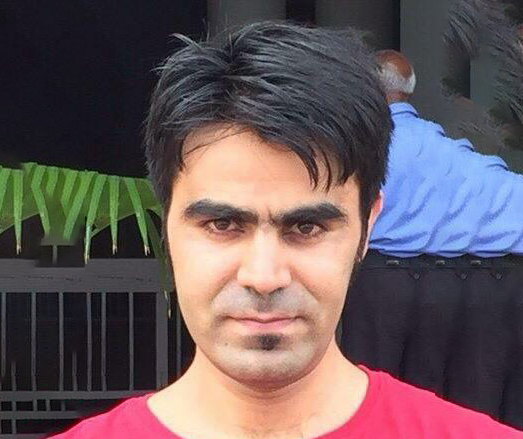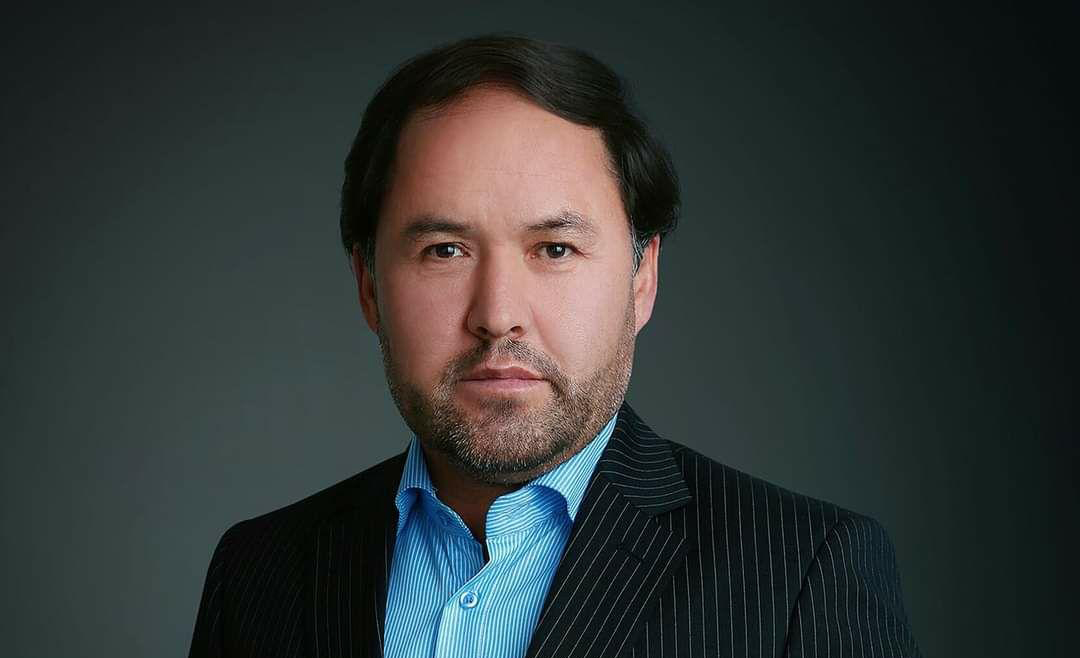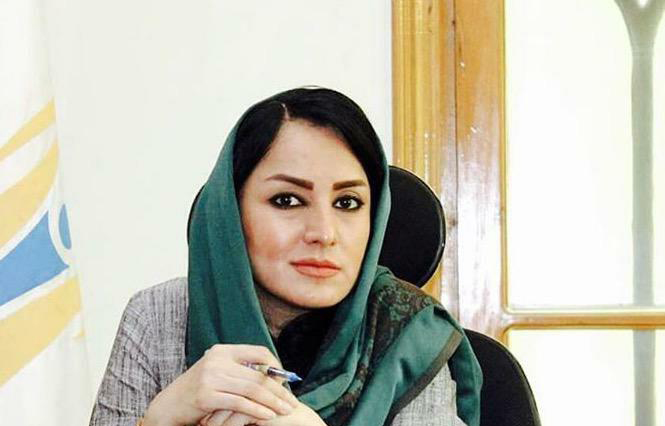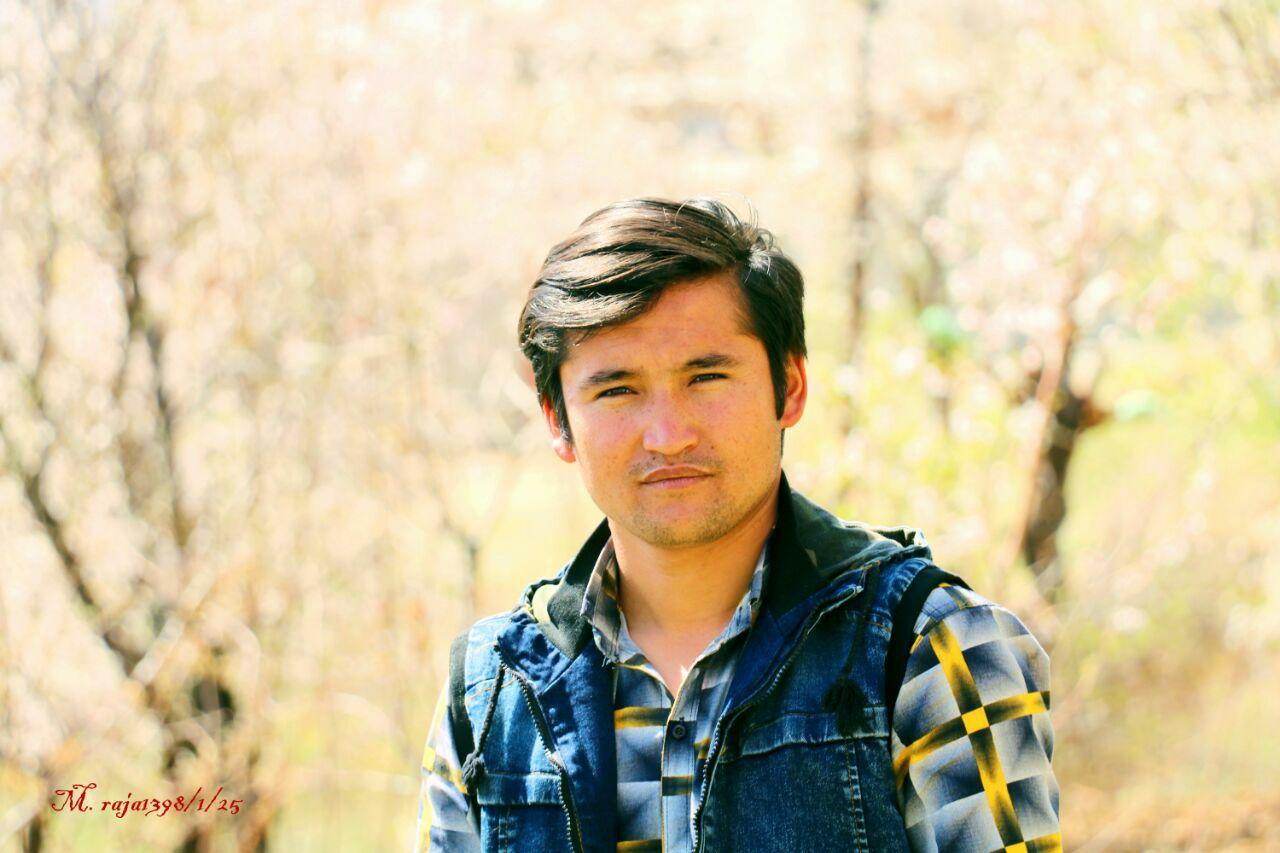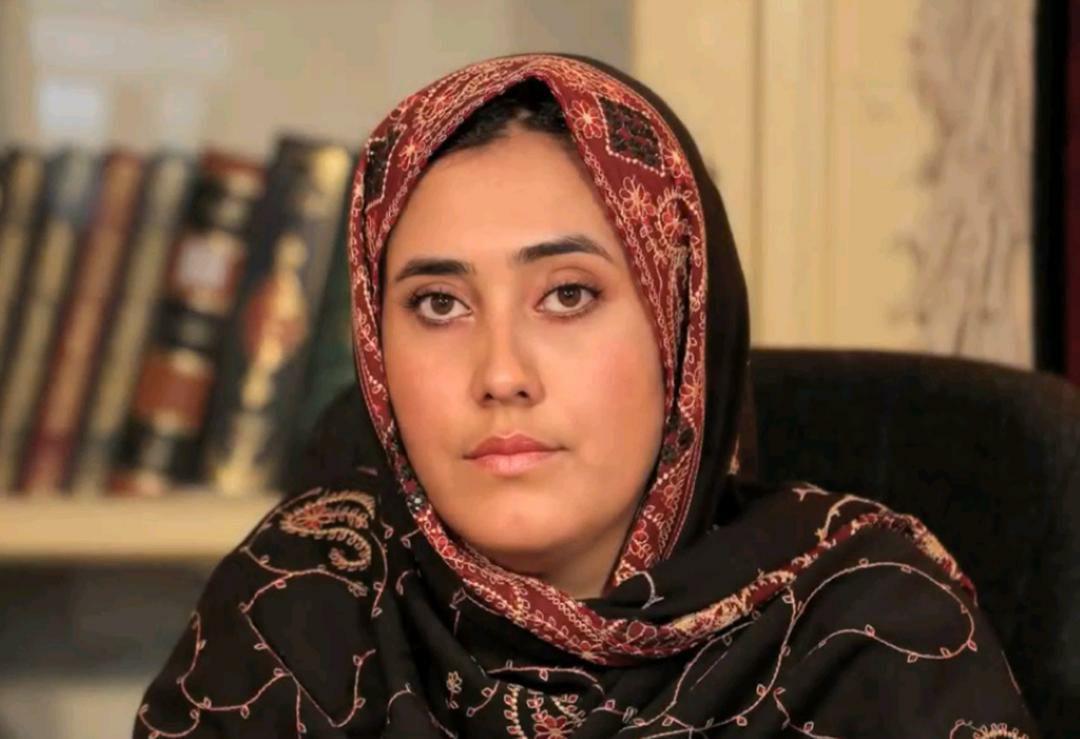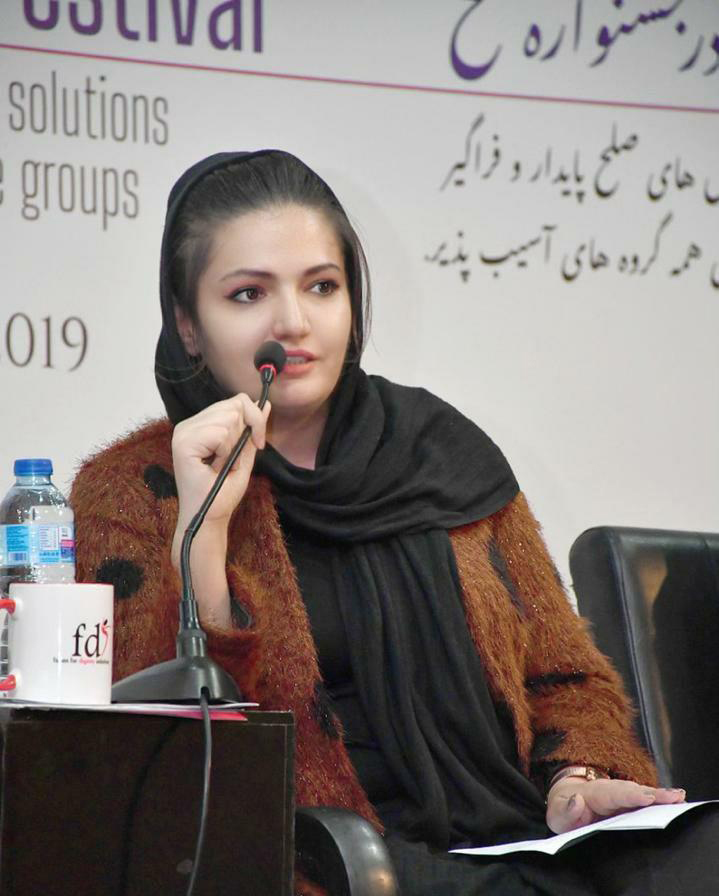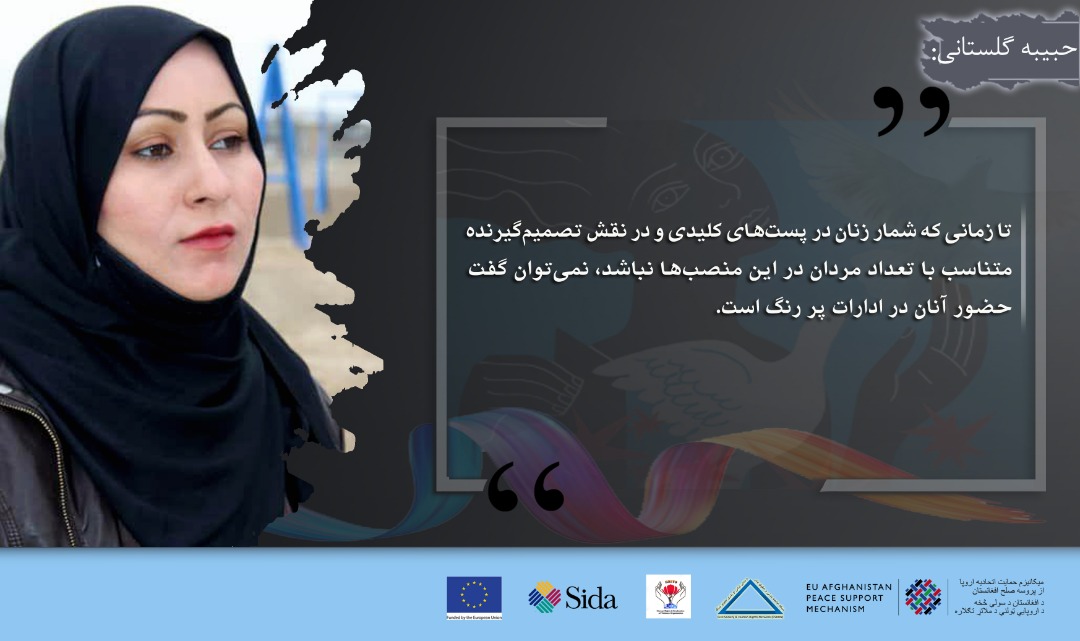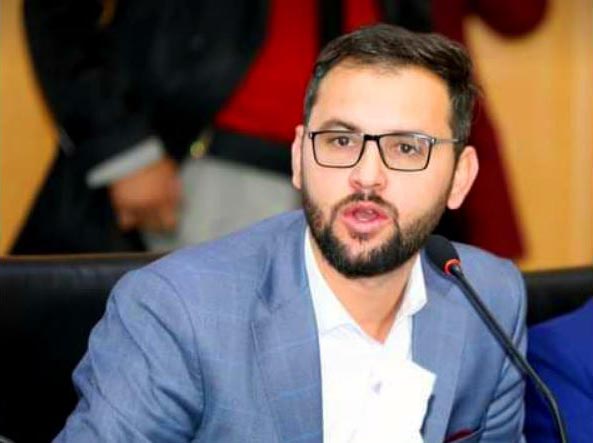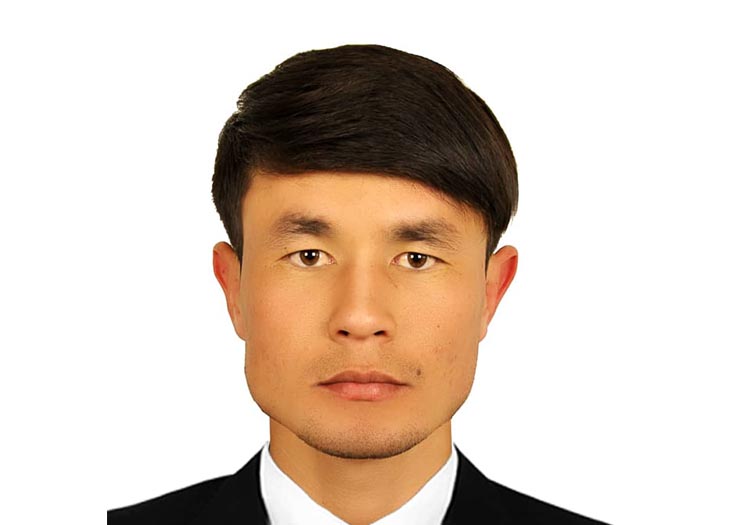We Need Unison to Debate with the Taliban
Having consensus among the government negotiating team members have always been an important issue for a successful peace deal. Speaking to CSHRN, Mir Ahmad Joyanda, a political activist, considers unity and mutual understanding among the members of the negotiating team a step forward to defending democratic values. To reach a common understanding, the team members must have close coordination and cooperation with each other.CSHRN: Given the nature of the Taliban, what do you expect from the peace negotiations?Joyanda: Reaching an agreement between the two parties in the conflict is a challenging task ahead. Unless both parties act in good faith, the peace agreement will remain a dream. The Taliban’s stress on a particular Islamic jurisprudence – the Hanifi Fiq – shows the group's unchangeable nature of the exclusionist approach. Therefore, reaching an agreement will be time-consuming and the government negotiating team must show a high level of unity and cohesion within the team.CSHRN: Will concerns over women issues be addressed during the peace talks?Joyanda: Unfortunately, women’s presence is not sufficient and the Taliban’s team has no single women negotiator. Since women and youth, who have fallen the main victims of conflict in last four decades, they should now make up at least thirty percent of the team. The Taliban have repeatedly claimed to ensure women’s rights in accordance with Sharia law. Nevertheless, the group has remained strictly harsh in interpreting the law. Therefore, the government team must firmly insist on its position to reach an agreement.CSHRN: How will the government team members protect women’s rights?Joyanda: The Afghan team members must remain united to be able to defend women’s rights. They should also justify their position based on solid Islamic principles.CSHRN: Do you see a change in the Taliban's attitude towards women?Joyanda: Overall, I have not yet seen an…
